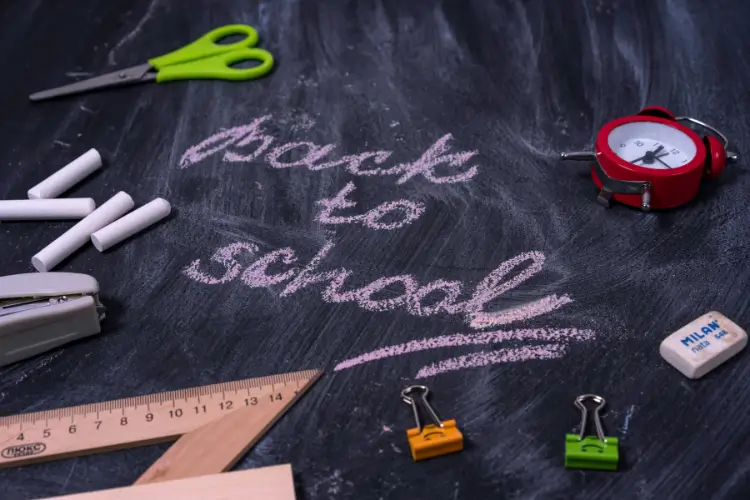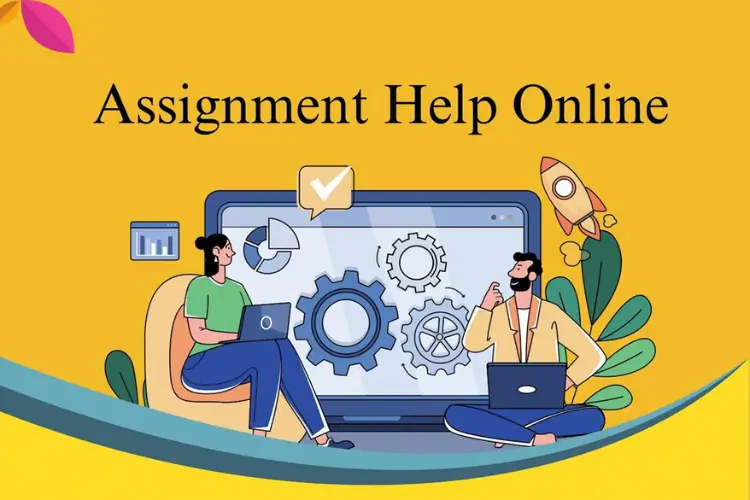Navigating the world of special education can be challenging for families. Still, it is a crucial step in ensuring that children with unique learning needs receive the support and resources necessary for their academic and personal development. Understanding the processes, resources, and strategies available can help families advocate more effectively for their children. Here are some comprehensive tips to guide families through the intricacies of special education and help them create a positive and supportive learning environment for their children.
Understanding the Evaluation Process
Families entering the special education system must have a thorough understanding of the evaluation process. Evaluations establish a child’s eligibility for special education services and identify their requirements. A teacher, parent, or healthcare provider’s recommendation generally starts the assessment procedure. It consists of a number of evaluations conducted by a group of experts, including special educators, psychologists, and speech therapists. Psychological examinations, academic tests, and observations may all be a part of these assessments. It’s critical to provide detailed information about your child’s development and any concerns you have.
With this cooperative approach, you can be confident that your child’s strengths and weaknesses are well understood, which will result in an education plan that is specifically designed to meet their requirements.
Developing an Individualized Education Plan (IEP)
Once a child qualifies for special education, the next step is to create an Individualized Education Plan (IEP). Your child’s precise educational objectives, services, and accommodations are detailed in the IEP, a legal document. An IEP team made up of parents, educators, and special education specialists creates it. Active participation in the IEP meetings is crucial. You have important knowledge about your child’s interests, preferences, and learning styles to share. As your kid develops and their needs vary, the IEP should be a dynamic document that changes with them. Regular evaluations and revisions maintain the effectiveness and relevance of the instructional tactics. Understanding and participating in the IEP process will ensure that your child receives individualized support that promotes academic and personal growth.
Leveraging Support Services and Resources
Families navigating special education have access to a diverse range of resources and support services designed to enhance their child’s educational journey. These can include everything from speech and occupational therapy to behavioral interventions and academic tutoring. Schools often offer numerous services that might be included in your child’s lesson plan. Resources and support networks can also be found via Internet platforms, charitable organizations, and community groups. These can provide further advice, support, and educational resources. Marin County special education and those in other counties can provide crucial assistance tailored to individual needs. Engaging with these resources allows families to maximize their support network, improving the overall educational experience for their children. Moreover, joining parent support groups connects you with others facing similar challenges, fostering mutual support, and sharing of insights and experiences.
Communicating Effectively with Educators
The effectiveness of your child’s special education plan depends on your ability to communicate effectively with educators. Building cooperative relationships with educators and other school personnel promotes a helpful learning environment. Regular communication, whether through meetings, emails, or phone calls, keeps you updated on your child’s progress and any emerging issues. It is critical to discuss your child’s accomplishments, challenges, and any concerns you have. Communicating proactively enables you to address any issues before they become more serious. Furthermore, knowing the special education rules and processes of the school guarantees that you are knowledgeable and equipped to speak up for your child’s needs.
Maintaining open lines of communication allows you to collaborate with educators to develop a consistent and effective support system for your child.
Advocating for Your Child’s Rights
Advocacy is an important aspect of navigating special education. Understanding your child’s legal rights will ensure that they receive the necessary services and accommodation. Students with disabilities are protected by laws like Section 504 of the Rehabilitation Act and the Individuals with Disabilities Education Act (IDEA). Learn about these laws and how they relate to the education of your child. You can acquire the skills and self-assurance necessary to successfully advocate for special education by participating in seminars, training sessions, and consulting with advocates or lawyers in the field. When interacting with school staff, it’s critical to be both forceful and cooperative.
Clearly communicate your child’s needs and rights, and don’t be afraid to seek outside help if necessary. Advocating for your kid effectively guarantees that they have access to the tools and chances they need for success.
Conclusion
In conclusion, navigating special education involves understanding the evaluation process, developing an individualized education plan, leveraging support services, communicating effectively with educators, and advocating for your child’s rights. By arming yourself with knowledge and resources, you can provide your child with a positive and empowering educational experience. Special education is about more than just addressing challenges; it’s about maximizing potential and creating a supportive environment in which every child can thrive. With the right strategies and support, you can help your child reach their full potential and achieve their academic and personal goals.




